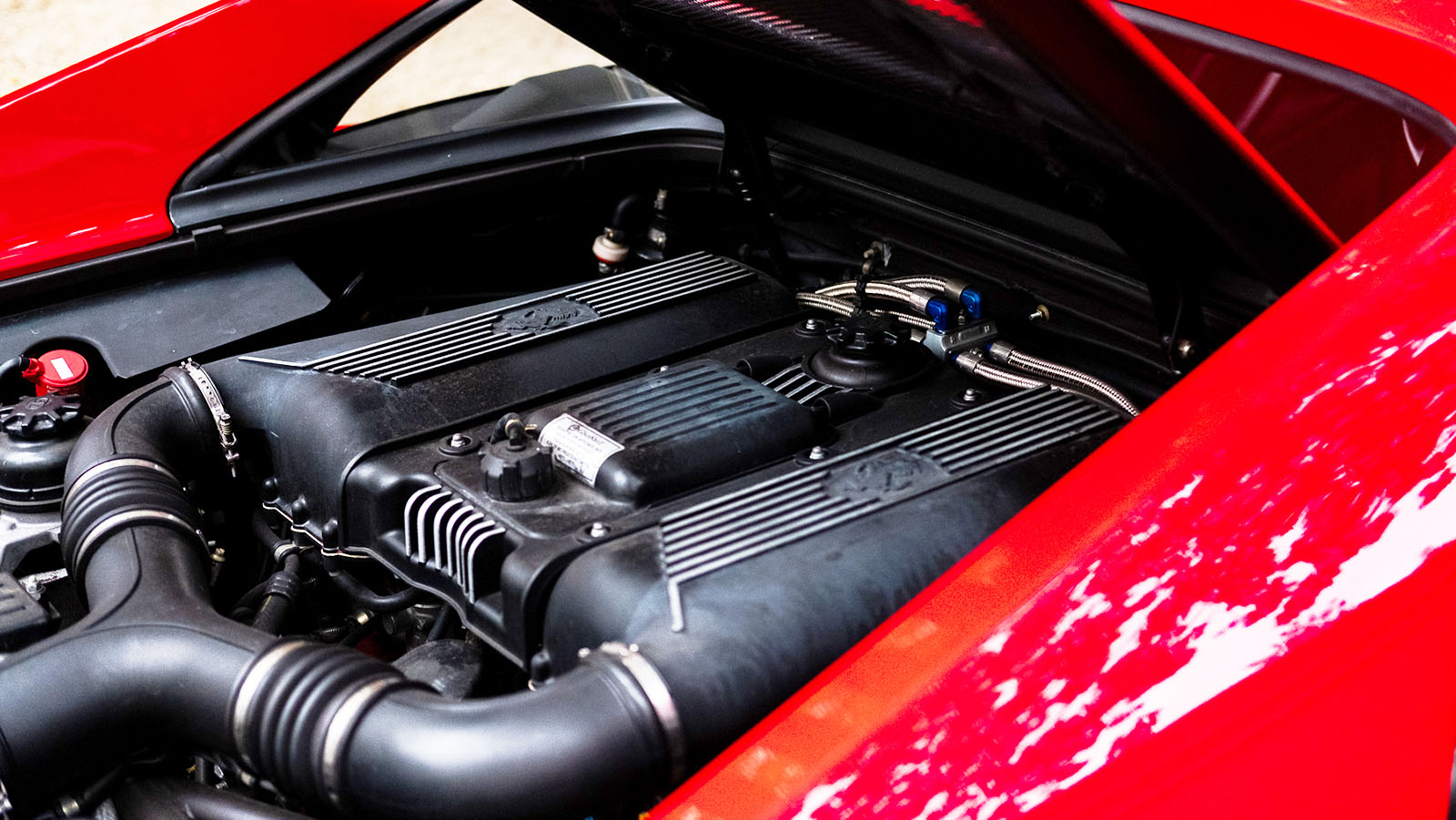Navigation
Slippery question is oil. Deciding on which oil you should fill your mechanical pet’s veins with is sometimes a little stressful and our brain can start to fire the over active imagination circuits deep inside it. What if it starts to burn it? Or leak. Will the engine wear out within a month?
And then forums can make or break your peace. Someone pipes up that with 5/40 they experienced smoke when hot. Another claims the lack of additives in a budget brand destroys valve stem seals.
You resort to your owners manual, if you have one. Following the Factory Bible is sometimes not an option because the engine has changed; older, altered tolerances from wear, and components such as gaskets and seals have degraded.
So what now?
Well if you’ve picked a beauty through us here at TC, remember we find homes for motors with caring and conscientious owners who we get to know well, so you’ll get a hand over with love, telling you exactly what blood type your new arrival is.
 Can you guess what Ferrari this photo is from?
Can you guess what Ferrari this photo is from?
However, if you are in the dark a little let’s grab some food for thought on how you can decide for your very self on what oil is for you.
A Maserati 3200 is a hot running beast. Run 5/40 fully synthetic and it will most likely burn it up and spit it out the quad burbling exhausts…but if you fill that bad boy with 10/60 fully synthetic, the extra weight of the oil when hot can stop it burning off.
A Jaguar E Type S1 with the straight six. A good mineral oil in the form of 20/50 should suit well. Would a 15/40 do? In my experience that weight caused a little smoke as the engine’s burnt it off a higher temps.
 Engine bay of the Lancia Delta Integrale Evo II
Engine bay of the Lancia Delta Integrale Evo II
Lite bite 1: Assess the temperature your car operates at and within. Remember the “10” is the viscosity when cold; and “40” when hot. Noisey to start from cold? Reduce the first number with fresh oil and filter. Burning when hot? Increase the second in the same manner. Check the oil at regular intervals to monitor it and keep an eye for light grey smoke from burning oil.
A little more food for thought on how to keep your oil lubricating at its best.
First up…cold starts. The fuelly mixture and vapour and gases created enter the oil during a cold start, reducing its lubrication qualities, and that’s why it’s vital to let your engine oil get nice and hot to let all that nasty stuff evaporate into the PCV system; a breathing system for your engine.
When you check your oil why not do so with a white lint free rag, to see the colour and smell of your oil. Black and smelling of fuel? Change it. Golden and a tiny whiff of fuel, give it a good drive to get warm.
 Engine bay of the Lancia Delta Integrale Evo II
Engine bay of the Lancia Delta Integrale Evo II
A city driven short stop-start journey car with many cold starts will benefit from more frequent oil changes than a car regularly driven up to temperature on longer runs, and the city driver perhaps should take a longer route to where they need to be for the sake of the oil and driving pleasure.
And our Tom highlights the mileage significance here; Age, Condition, History, then Mileage: High or Low Mileage Cars?
View the EurocarParts oil checker for more clarity on your motor: Click Here
We have a super-affordable driver in the form of a Porsche 944 Coupe, view the full listing here: www.tradeclassics.com/auctions/porsche/1990-porsche-944-s2-coupe-2/
You can always reach out to us here at TC below with any questions about oil and we will try our best to help you decide on your chosen viscosity from our experience.
Stay up to date with Brexit and get our weekly articles delivered to your inbox every Thursday – simply enter your email below and we’ll add you to the list.
Please don’t worry as we won’t ever sell your data – we have a strict GDPR Policy that protects your personal data.
